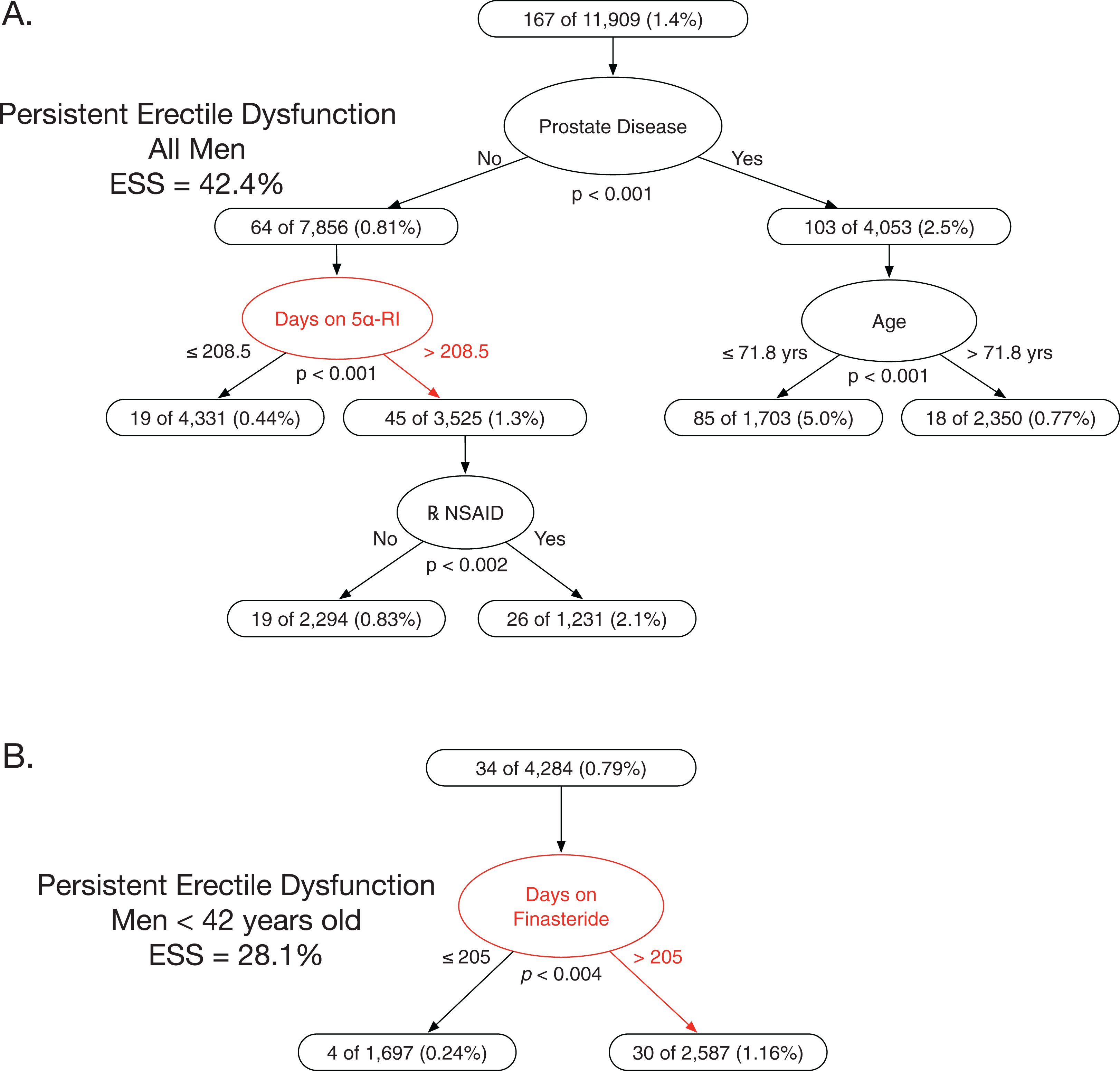wallacekellogg
About wallacekellogg
The Impact of Local Weather Change On World Agriculture
Local weather change is one of the most urgent points dealing with humanity as we speak, and its effects on global agriculture are profound and far-reaching. As temperatures rise, weather patterns shift, and extreme weather occasions grow to be extra frequent, the agricultural sector must adapt to make sure meals security for the growing world population. This report examines the varied ways wherein climate change is impacting agriculture, the challenges that farmers face, and potential strategies for adaptation and mitigation.
The effects of Local weather Change on Agriculture
- Temperature Increases: Rising world temperatures affect crop yields directly. Most crops have optimal temperature ranges for growth, and exceeding these ranges can result in reduced yields. For instance, staple crops resembling wheat, rice, and maize have shown sensitivity to temperature increases, with studies suggesting that yields may lower by as much as 10% for each 1°C rise in temperature.
- Altered Precipitation Patterns: Climate change is causing shifts in precipitation patterns, leading to each droughts and floods. Some areas could expertise heavier rainfall, resulting in flooding that may destroy crops and erode soil, whereas others may suffer from prolonged dry spells that deplete water sources important for irrigation. These adjustments can result in crop failures and increased food insecurity.
- Soil Degradation: Climate change exacerbates soil degradation by erosion, lack of nutrients, and increased salinity. Extreme weather events can strip away topsoil, whereas rising temperatures can lead to elevated evaporation, further depleting soil moisture. Wholesome soil is crucial for sustainable agriculture, and its degradation can have lengthy-term impacts on food manufacturing.
- Pests and Diseases: Warmer temperatures and changing climates can broaden the range and lifecycle of agricultural pests and diseases. Crops that have been previously resilient to certain pests may turn out to be susceptible as these organisms adapt to new conditions. This can lead to elevated pesticide use, which has implications for both human health and the surroundings.
- Crop Variety and Biodiversity: Local weather change threatens agricultural biodiversity by altering the habitats in which numerous crops and livestock species thrive. As farmers may be forced to abandon conventional crop varieties which might be no longer suited to altering situations, this will result in a loss of genetic range, which is crucial for resilience in opposition to pests, diseases, and local weather variability.
Challenges Faced by Farmers
Farmers around the world are grappling with the fast and long-time period challenges posed by climate change. These challenges embody:

- Financial Pressures: Increased costs associated with crop failures, insurance, and the need for brand new applied sciences can pressure farmers’ funds. Many smallholder farmers, notably in creating international locations, lack the assets to adapt to those changes, making them notably susceptible.
- Access to Assets: Restricted access to water, seeds, and agricultural know-how can hinder farmers’ means to adapt to local weather change. In areas where irrigation is critical, competitors for water assets can result in conflicts and further exacerbate meals insecurity.
- Policy and Help Methods: In lots of cases, government insurance policies do not adequately support farmers in transitioning to more sustainable practices or in accessing the resources they should adapt. This lack of assist can hinder efforts to fight the impacts of local weather change on agriculture.
Methods for Adaptation and Mitigation
To handle the challenges posed by climate change, numerous strategies could be employed to promote resilience in agriculture:
- Sustainable Agricultural Practices: Implementing sustainable farming practices comparable to crop rotation, agroforestry, and organic farming can improve soil well being, improve biodiversity, and cut back dependency on chemical inputs. These practices can help farmers adapt to changing circumstances while additionally mitigating the consequences of climate change.
- Climate-Resilient Crop Varieties: Growing and promoting climate-resilient crop varieties that may withstand greater temperatures, drought, and pests is crucial. Analysis and funding in biotechnology and traditional breeding methods can assist create crops which can be better suited to future situations.
- Water Administration: Efficient water administration practices, such as rainwater harvesting, drip irrigation, and using drought-resistant crops, will help farmers cope with water scarcity. Policies that promote equitable entry to water assets are additionally crucial for supporting agricultural resilience.
- Schooling and Training: Offering farmers with education and training on sustainable practices, climate adaptation strategies, and useful resource administration can empower them to make informed choices about their farming operations. Extension companies can play an important position in disseminating information and best practices.
- Coverage Support: Governments and worldwide organizations must prioritize agricultural resilience in their local weather action plans. This contains offering financial assist for farmers to adopt climate-smart practices, investing in agricultural analysis, and growing insurance policies that promote sustainable land use.
Conclusion
The influence of local weather change on world agriculture is a fancy challenge that requires urgent consideration and motion. As temperatures rise and weather patterns turn into increasingly unpredictable, the agricultural sector must adapt to ensure food security for future generations. By embracing sustainable practices, investing in research and improvement, and supporting farmers through coverage and training, it is possible to build a more resilient agricultural system that may withstand the challenges posed by climate change. If you liked this information and also you desire to get more details about erectile dysfunction treatment pills i implore you to pay a visit to the internet site. The future of food safety is dependent upon our collective capacity to address these challenges head-on and work in the direction of a sustainable agricultural panorama.
No listing found.